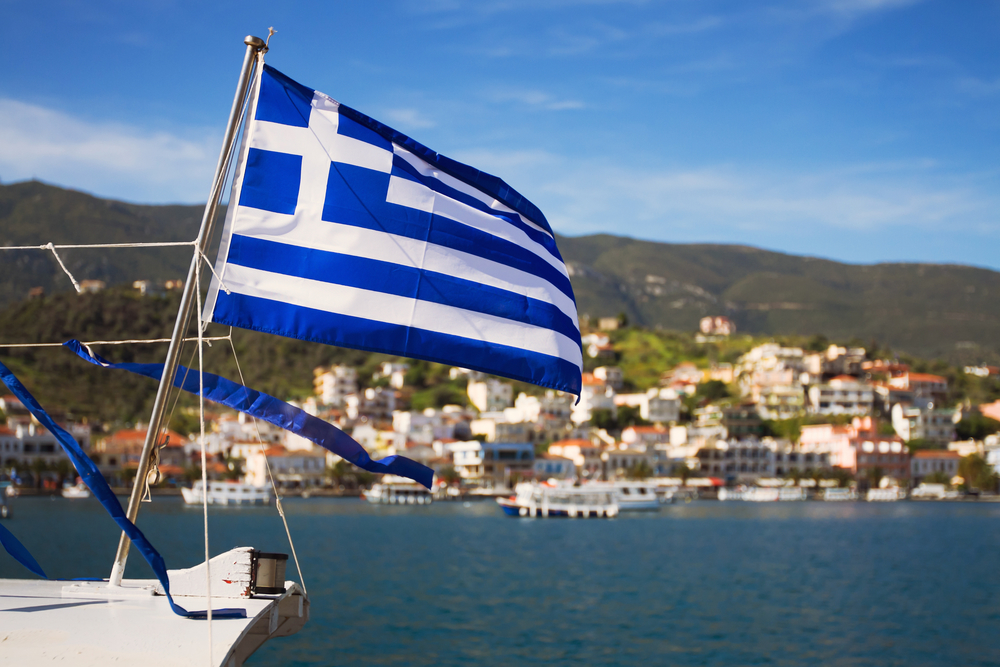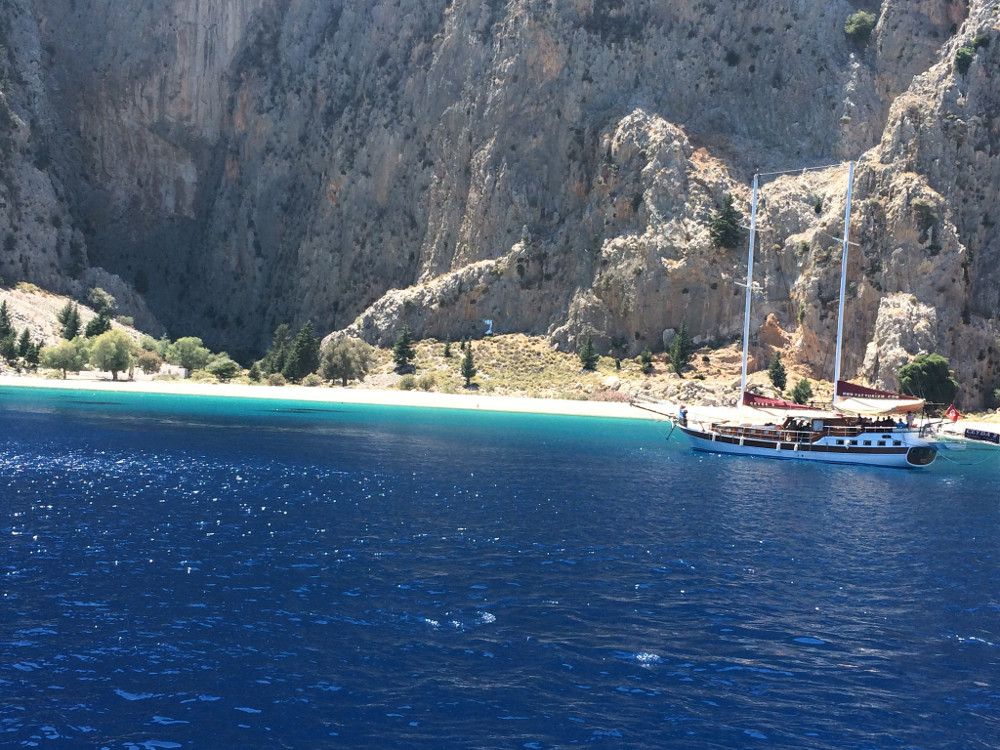Greece’s yacht tourism sector has asked Prime Minister Alexis Tsipras to annul a recent ministerial decision which does away with tax-deductible on the boat purchases. The yacht tourism experts warn the bad decisions by ministers will wreck the future of sea tourism in Greece. This story elevates the question of whether or not the country’s leaders want to rejuvenate or kill the tourism industry in the long term.
In a meeting this week organized by the Greek Professional Yacht Owners Bareboat Association, the Hellenic Professional Yacht Owners Association and the Greek Yachting Association, experts claimed recreational watercraft owners will only sail under foreign registry in order to sidestep this controversial law. They say this will, in turn, end up in a massive loss of tax revenue to the state.

The recreational watercraft decision represents a 24 percent VAT on purchases as well as taxation on all services provided, which until now were exempt. The yachtsmen say the implementation of the decision will lead to the deceleration of shipbuilding, buying and replacement activities; an increase in the cost of chartering; a loss of jobs as

The data from the yachting community indicates there are currently 5,280 professional vessels operating in Greece, and employing more than 4,500 Greek seafarers. The groups reiterate how crucial yacht tourism is to the overall Greek economy. But outside research is even more compelling when we consider the potential for bareboating and tours in the Aegean in the future. A recent report, Luxury Yacht Sector: Worldwide Forecast until 2022 tells us of a roughly 12% growth rate in the industry worldwide. Furthermore, the 2011 report “Cruises and Recreational Boating in the Mediterranean” by Alberto Cappato, Secretary General of the IIC, revealed back in that 70% of charter contracts worldwide are for the Mediterranean and the positive economic impact yachting and cruising have had on Greece. I was fascinated to discover that the port of Piraeus took more overnight visitors than any port in Europe in 2009.
A report by George A. Gratsos Ph.D. President of the Hellenic Chamber of Shipping begins with a statement of fact that leaves this writer with further questions about the Greek government’s intentions. And I quote from the study made by the University of Piraeus for the HCS the total number of pleasure boats in Greece is about 17.700. These pleasure boats contribute:
- about 40.000 direct and indirect jobs (1:1 in Europe 1:3)
- about €607 million to the Greek economy without taking into account the charter income of the yachts for rent, the charterers’ (users) expenses in the islands, the amounts paid for the purchase of pleasure boats, brokerages etc.
Furthermore, the authors iterate that “these amounts must be considered as these boats represent 45% of the registered pleasure boats but on average are much larger.” And the negation of the tax incentive by Greek ministers will squeeze even tighter, yacht tourism players trying to make headway in a competitive sector. Looking at the numbers from this perspective it seems foolhardy for the government to even consider further taxation on these sectors. Another quote from Dr. Gratsos illustrates:
“Considering the ratio of direct to indirect jobs yachts create in the EU, Greece would benefit a lot more by attracting more, bigger yachts to berth and cruise in our wonderful waters, thus creating substantially more income and many
thousands more jobs.”
Finally, a comprehensive report entitled “Recreational Boating Industry Statistics 2015,” by the International Council of Marine Industry Associations – ICOMIA (more or less the Bible of the industry), states specifically; “Taxation dampens marine tourism in Greece.” This partial quote from 2015 makes the case for Tsipras if he wants to help his yachting industry:
“New boat sales have suffered the biggest declines, but a sales tax hike for used boats (from 10% to 23%) hit the pre-owned sector too. Boats visiting or being kept in Greek waters are also subject to taxation which serves to dampen the country’s huge potential for marine tourism.”
Only last week the Region of the South Aegean launched a campaign to save another sector of Greece’s maritime industry with the #savekaikia effort to save the country’s kaikia fleet. With the privatization of Greece’s ports leading to foreigners taking control of ports, and with killer taxes affecting every industry, the new tax on the boats that attract so many tourists seems all the more unwise. I am wondering right now whose numbers on Yacht Tourism Mr. Tsipras and the Greek ministers are looking at on these issues?

Since Dr. Gratsos presented his report to the Ministry of Shipping, Maritime Affairs & the Aegean High-Level Conference on Insularity – Eugenidion Foundation, back